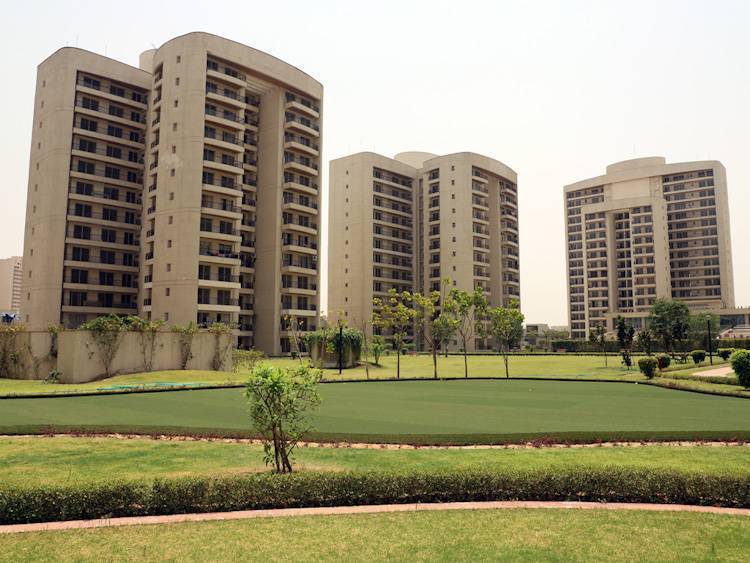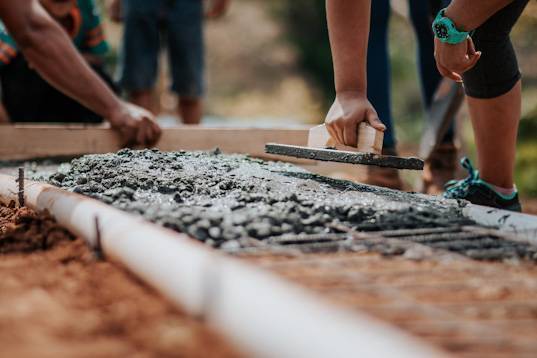The Maharashtra Real Estate Regulatory Authority (MahaRERA) has introduced a significant amendment aimed at elevating construction standards and safeguarding homebuyers' interests. In a move that underscores the importance of quality in the real estate sector, developers are now required to submit a ‘Quality Assurance Certificate’ to MahaRERA at the end of every fiscal year. This certificate must also be made publicly available on the developer's website, ensuring transparency and accountability throughout the construction process.
The New Regulation: An Overview
This regulation, formalized through the MahaRERA General (Amendment) Regulations, 2024, amends the earlier MahaRERA General Regulations, 2017. With its publication in the state gazette, the new rule is immediately applicable to all ongoing and future projects under MahaRERA’s jurisdiction. This development represents a proactive step by MahaRERA to address long-standing concerns about construction quality in the state.
The Quality Assurance Certificate will cover a comprehensive set of parameters crucial for determining the quality of construction. These parameters include the structural design and stability of the project, the quality and types of raw materials used, the skill level of the workforce involved, and the effectiveness of fire safety and resistance measures. The inclusion of such detailed criteria aims to ensure that the construction process adheres to the highest standards at every stage.
Impact on Homebuyers
For homebuyers, this regulation is a game-changer. It promises to significantly enhance the quality of residential properties by holding developers to higher standards. By making the Quality Assurance Certificate mandatory, MahaRERA is effectively ensuring that homebuyers receive properties that meet stringent quality benchmarks. This move is expected to reduce the incidence of construction-related defects, which have often been a point of contention between homebuyers and developers.
One of the key benefits for homebuyers is the increased accountability of developers. The Quality Assurance Certificate, which will be publicly accessible, provides a transparent account of the construction quality, offering potential buyers a clearer understanding of what they can expect. This transparency is likely to build greater trust between developers and homebuyers, ultimately leading to a more positive and secure buying experience.
The Role of Developers and Engineers
Developers are now under increased scrutiny to ensure that quality control measures are implemented at every stage of the project. The responsibility of ensuring the accuracy of the Quality Assurance Certificate rests not only with the developers but also with project engineers and supervisors. These professionals are required to provide detailed reports on various aspects of the construction process, which the developer must verify before making the certificate public.
The certificate will include specific details, such as whether soil testing was conducted and if a qualified structural engineer was appointed for the project. Additionally, developers must maintain meticulous records of the construction process to facilitate periodic certification by project engineers. This requirement ensures that quality control is not a one-time event but an ongoing process throughout the construction lifecycle.
In the case of multi-storey buildings, the certificate must also confirm the implementation of earthquake-resistant measures and flood prevention systems. These additional safeguards are particularly important in a state like Maharashtra, where certain regions are prone to seismic activity and flooding. By mandating these measures, MahaRERA is taking a comprehensive approach to ensuring the safety and durability of residential buildings.
Addressing the Defect Liability Period
Under the existing MahaRERA Act, developers are obligated to rectify any construction deficiencies reported by homebuyers within a five-year period from the date of possession. This defect liability period requires developers to address complaints within 30 days, free of charge to the homebuyer. However, with the introduction of the Quality Assurance Certificate, MahaRERA aims to make this provision largely redundant by ensuring that high-quality construction minimizes the occurrence of defects in the first place.
Ajoy Mehta, the Chairman of MahaRERA, emphasized the significance of this initiative, highlighting that quality in the housing sector is a topic of ongoing discussion and concern. The effort is to raise the construction benchmark to a level where the provisions of the defect liability period become irrelevant, reflecting a strong commitment to improving the overall quality of housing in the state and protecting the interests of homebuyers.
Long-Term Implications for the Real Estate Sector
The introduction of the Quality Assurance Certificate is expected to have far-reaching implications for the real estate sector in Maharashtra. By enforcing higher standards and greater transparency, MahaRERA is likely to drive a cultural shift within the industry, where quality becomes a central focus rather than an afterthought. This shift could lead to a more competitive market, where developers who consistently deliver high-quality projects gain a distinct advantage.
Moreover, the requirement to publish the Quality Assurance Certificate online ensures that developers’ claims about construction quality are backed by verifiable data. This move is likely to empower homebuyers with the information they need to make informed decisions, potentially influencing the demand for projects that meet these higher standards.
Conclusion
MahaRERA's decision to make the Quality Assurance Certificate mandatory is a landmark development in the real estate sector. By prioritizing quality and transparency, MahaRERA is not only enhancing the homebuying experience but also setting a new standard for the industry as a whole. Homebuyers in Maharashtra can now look forward to purchasing properties that are not only structurally sound but also backed by a certificate of quality that is publicly accessible and rigorously verified.
Image sources- maharera, unsplash.com









.png)